The Boys We Failed to Protect
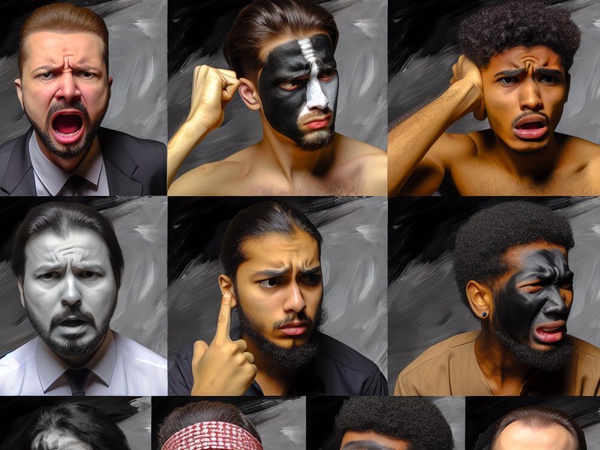
<p>“<strong><em>The Boys We Failed to Protect: Shattering the Silence of Male Childhood Abuse”</em></strong></p><p><br></p><p>We imagine boys as invincible — all scraped knees and roughhousing, destined to become strong men. But behind that image, there are boys who carry a secret so heavy it warps their childhoods: they were sexually abused, and no one ever knew.</p><p><br></p><p>Sometimes, they didn’t even know it themselves.</p><p><em><br></em></p><p><strong><em>The Invisible Wound</em></strong></p><p><br></p><p>Male survivors of childhood sexual abuse are often forgotten in our conversations about trauma. We talk — rightly — about the many girls who are violated. But boys are harmed, too, and far more often than we’re willing to admit. Statistics show that 1 in 6 men experience sexual abuse before the age of 18.</p><p><br></p><p>That number is likely higher. Because many never speak.</p><p><br></p><p>Why? Because we raise boys to believe pain is weakness. That masculinity means wanting sex, not fearing it. That crying is shameful. That abuse is something that happens to “other people.”</p><p><br></p><p>So, they stay quiet. They bury it deep. They perform normal. And for years — sometimes decades — they live with a wound that no one can see, but that touches everything: relationships, trust, intimacy, self-worth.</p><p><br></p><p><strong>What Abuse Steals from a Boy</strong></p><p><br></p><p>When a boy is abused, it doesn’t just hurt his body. It attacks his identity.</p><p><br></p><p>He may feel confused, ashamed, or even complicit. Especially if the abuser was someone he loved or trusted — a family member, a coach, a teacher. He might think, Did I let it happen? Did I want it? Does this mean something is wrong with me?</p><p><br></p><p>These thoughts are not truths — they’re trauma speaking. And they are tragically common.</p><p><br></p><p>Abuse doesn’t define a person’s sexuality, worth, or future. But it can distort them, especially when silence is the only coping mechanism available.</p><p><br></p><p><strong>The Cost of Silence</strong></p><p><br></p><p>Boys who are abused and never get support are more likely to struggle with addiction, depression, anger issues, and suicidal thoughts later in life. They may have trouble forming healthy relationships or recognizing safe boundaries.</p><p><br></p><p>They may never tell a soul — because they fear they won't be believed, or worse, that they’ll be blamed.</p><p><br></p><p>And yet, when even one survivor speaks, a door opens for others.</p><p><br></p><p><strong>Letting the Light In</strong></p><p><br></p><p>Healing is not a straight line. But it begins with acknowledgment.</p><p><br></p><p>When we make space for boys — and the men they become — to share their truths without shame, we do more than offer comfort. We begin to undo a culture that silences victims and protects predators.</p><p><br></p><p><br></p><p>Every boy deserves to grow up safe. Every man deserves a chance to heal.</p><p><br></p><p><br></p>


The Boys We Failed to Protect
By
 Bu Kun
•
2 plays
Bu Kun
•
2 plays
 Bu Kun
•
2 plays
Bu Kun
•
2 plays
0:00 /
0:00
Other insights from Bu Kun
Referral Earning
Points-to-Coupons
Insights for you.




 137
137










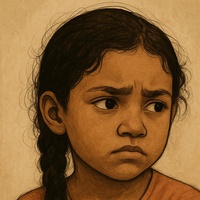
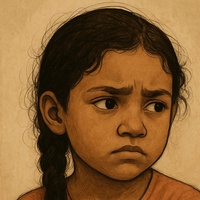


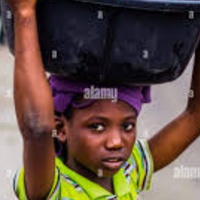










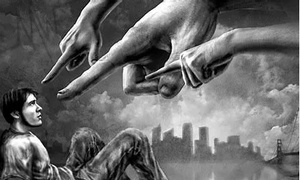

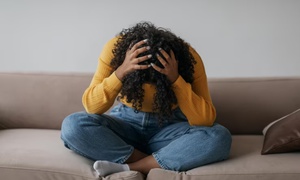

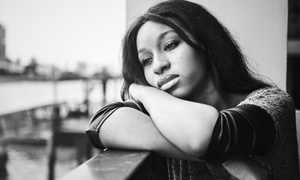

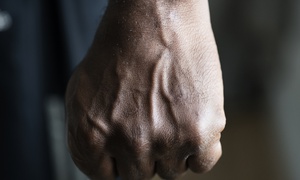







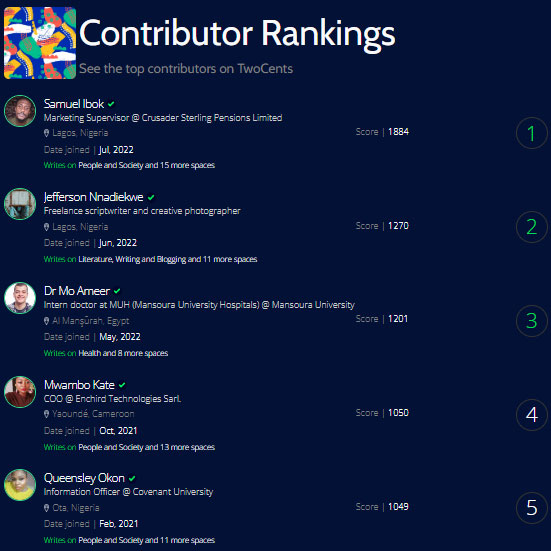






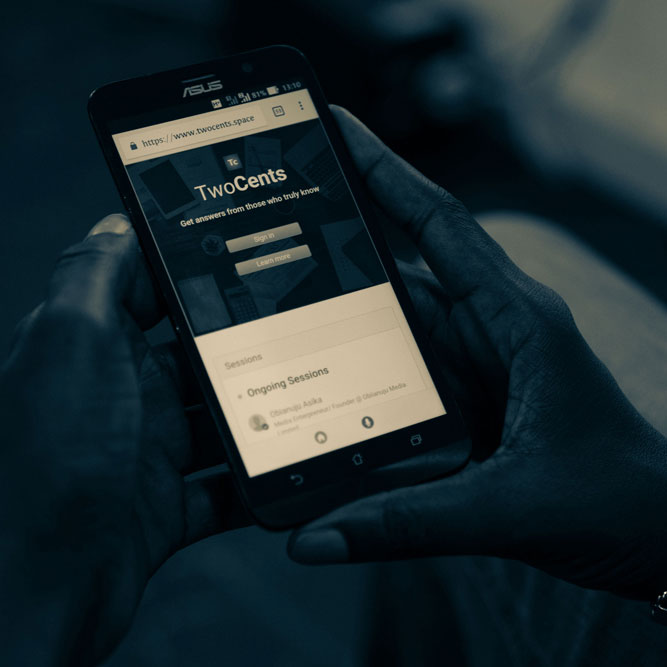














Comments